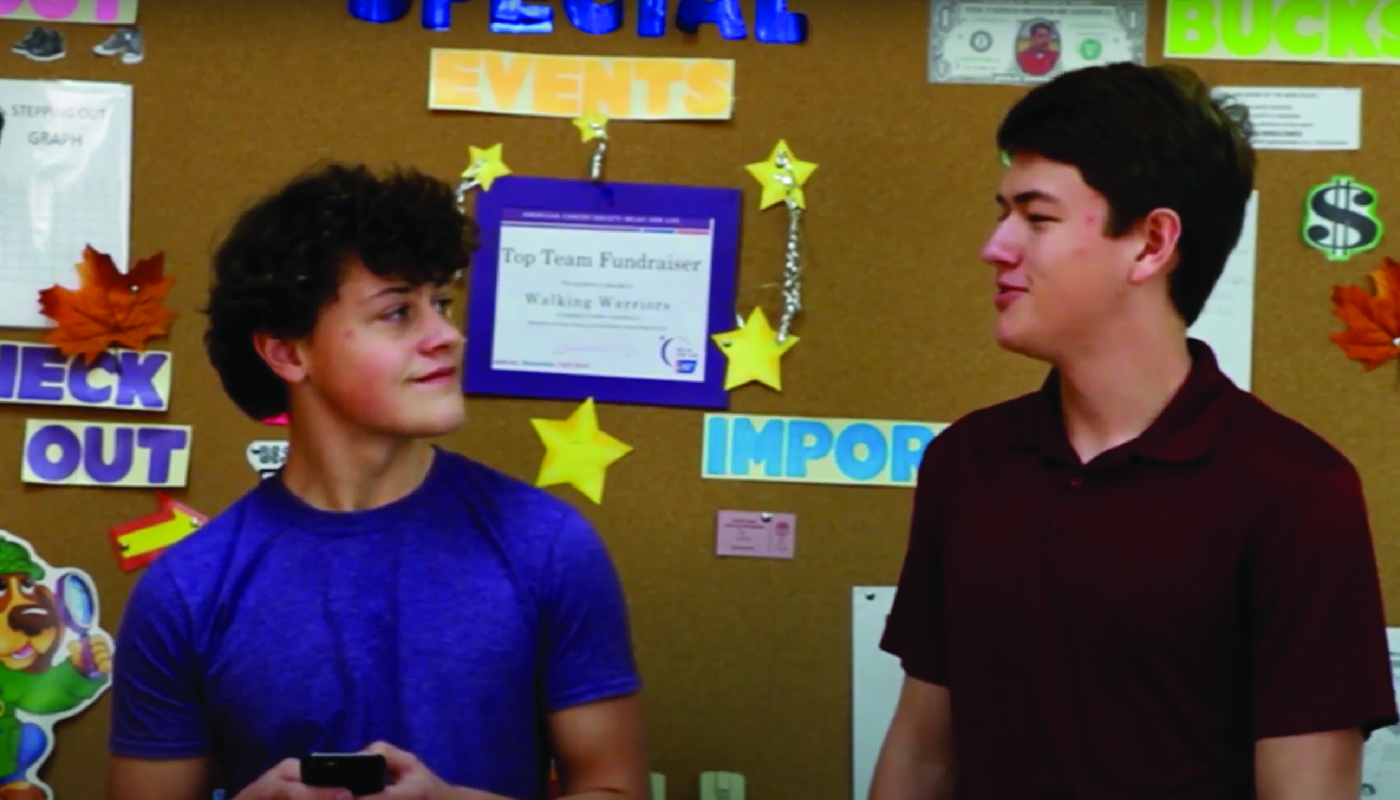
Introduction
Small talk is an essential social skill that helps individuals initiate and maintain conversations with others. It can be especially beneficial for special education students, as it fosters a sense of belonging and encourages social interaction. In this blog post, we will discuss an easy no-prep activity designed to teach small talk skills to special education students, along with discussion questions and related skills.
No-Prep Activity
This no-prep activity, called “Topic Cards,” requires no materials or preparation from the educator. To begin, have students sit in a circle. The educator will start by initiating a small talk conversation with the student sitting to their left. The conversation should revolve around a simple topic, such as the weather, a recent event, or a shared interest. The student will then continue the conversation by asking a follow-up question or sharing their own experience related to the topic.
Once the conversation has gone back and forth a few times, the educator will ask the student to their right to start a new conversation with the person sitting next to them. This process will continue until all students have had a chance to engage in small talk with their peers. Throughout the activity, educators should provide guidance and encouragement, helping students to stay on topic and practice active listening.
Discussion Questions
- Why is small talk important for building relationships and fostering a sense of belonging?
- What are some common topics for small talk? How can we choose a topic that is appropriate for the situation?
- How can active listening skills improve our ability to engage in small talk?
- What strategies can we use to keep a small talk conversation going when we run out of things to say?
- How can we practice small talk skills outside of the classroom to further develop our social interactions?
Related Skills
Teaching small talk skills to special education students can be complemented by developing other related social-emotional skills. These skills include:
- Active listening: Encourages students to pay attention, show empathy, and respond appropriately during conversations.
- Non-verbal communication: Enables students to understand and interpret body language, facial expressions, and gestures, enhancing their overall communication abilities.
- Assertiveness: Helps students express their needs, feelings, and opinions in a respectful and confident manner, leading to healthier relationships.
- Conflict resolution: Equips students with strategies to address disagreements and find mutually beneficial solutions, promoting positive social interactions.
Next Steps
Now that you have a better understanding of the importance of teaching small talk skills to special education students, we encourage you to explore additional resources and activities. To get started, sign up for free samples of skill-building materials and other resources at EveryDaySpeech. These resources can help you further support the social-emotional development of your students and create a more inclusive learning environment.

